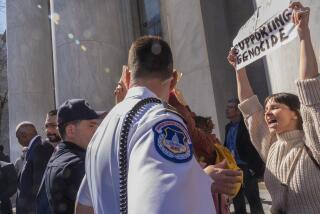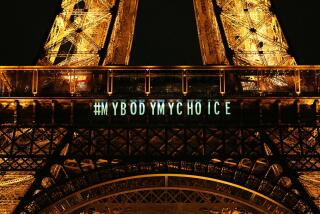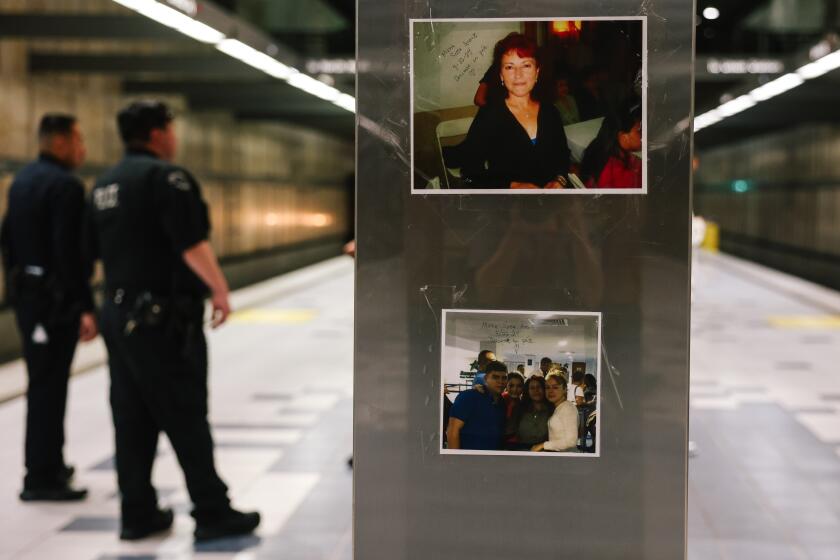Sarkozy’s free speech faux pas
If you live in a country that truly values free speech, then no matter what opinion you hold — whether it’s rational or irrational — you have the right to voice it. You can deny the Holocaust happened, or that men walked on the moon, without fear that you will be brought up on criminal charges. (Of course, you still risk public rebuke or humiliation from people who hold the opinion that you are ridiculous.) That freedom is generally considered a fundamental human right.
So it was reassuring when France’s Constitutional Council last week struck down a proposed law that would have criminalized the denial or minimizing of the genocide of Armenians at the hands of Ottoman Turks in the early 20th century. The law would have punished such a denial with up to a year in prison and a maximum fine of roughly $60,000.
Last year, when France’s Parliament was first considering the bill, we said on this page that we found it to be a particularly egregious encroachment on civil liberties. The French council has now concluded much the same, saying such a law “infringed unconstitutionally on the exercise of the liberty of expression and communication.”
Just to be clear: There is no doubt in our minds that more than 1 million Armenians were killed by Turks beginning in 1915 in an act of genocide. It happened. It’s history. And the sooner the whole world understands that and accepts it, the better. Nevertheless, the way to win an argument is not by throwing your opponents in prison. That’s counterproductive — the strategy of dictators. Instead, misinformation should be fought with more and better information.
That’s why it was bad news when President Nicolas Sarkozy announced that he would resubmit the bill — revising it, in ways he didn’t specify, to take into account the council’s objections.
This is an ill-considered and puzzling move on the French president’s part. What new version of this law could possibly levy penalties for denial of the Armenian genocide but not harm the right to free speech that the French council correctly noted?
Sarkozy’s office released a statement that said, in part, that denial of genocide is “not only an insult to the memory of victims and the dignity of their descendants, but also a threat against our national community.” He’s correct about the insult to the memory of the victims. But it is criminalizing speech that poses a threat to France.
More to Read
A cure for the common opinion
Get thought-provoking perspectives with our weekly newsletter.
You may occasionally receive promotional content from the Los Angeles Times.






